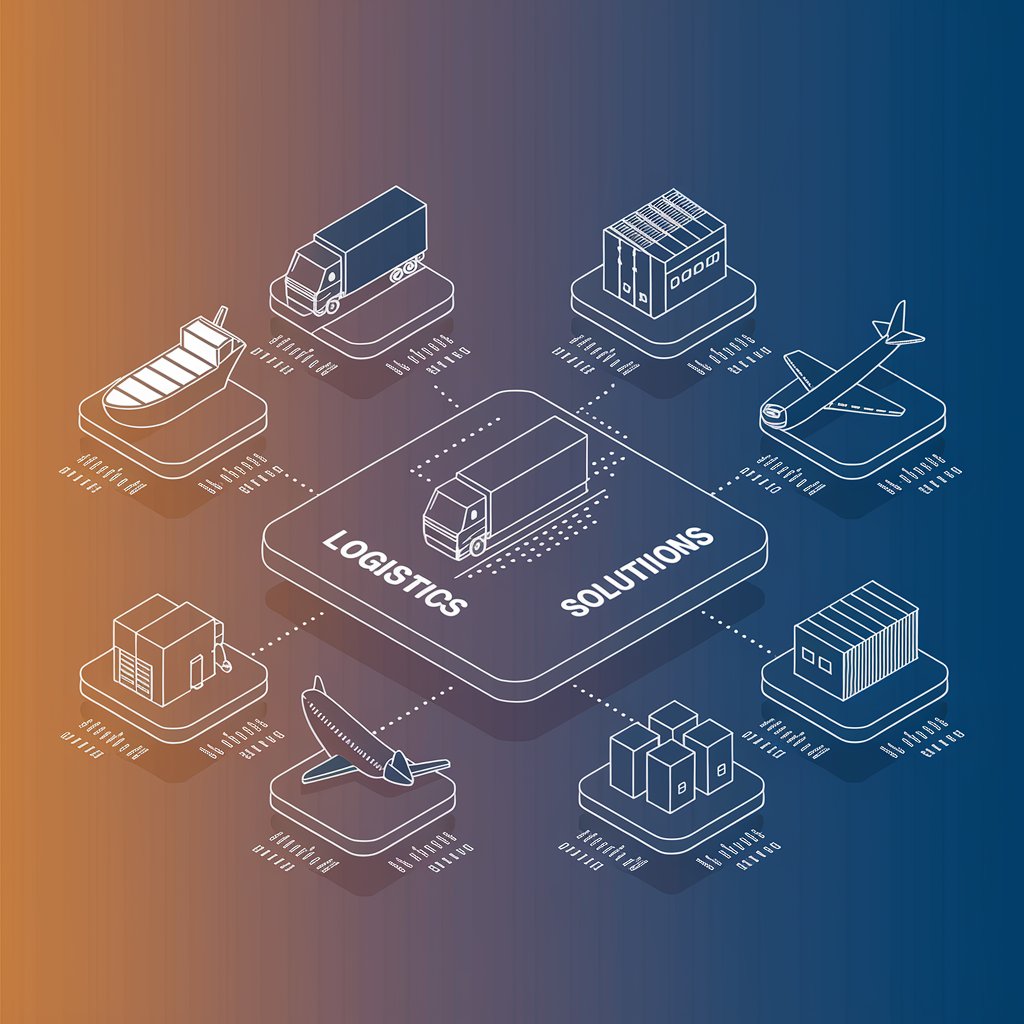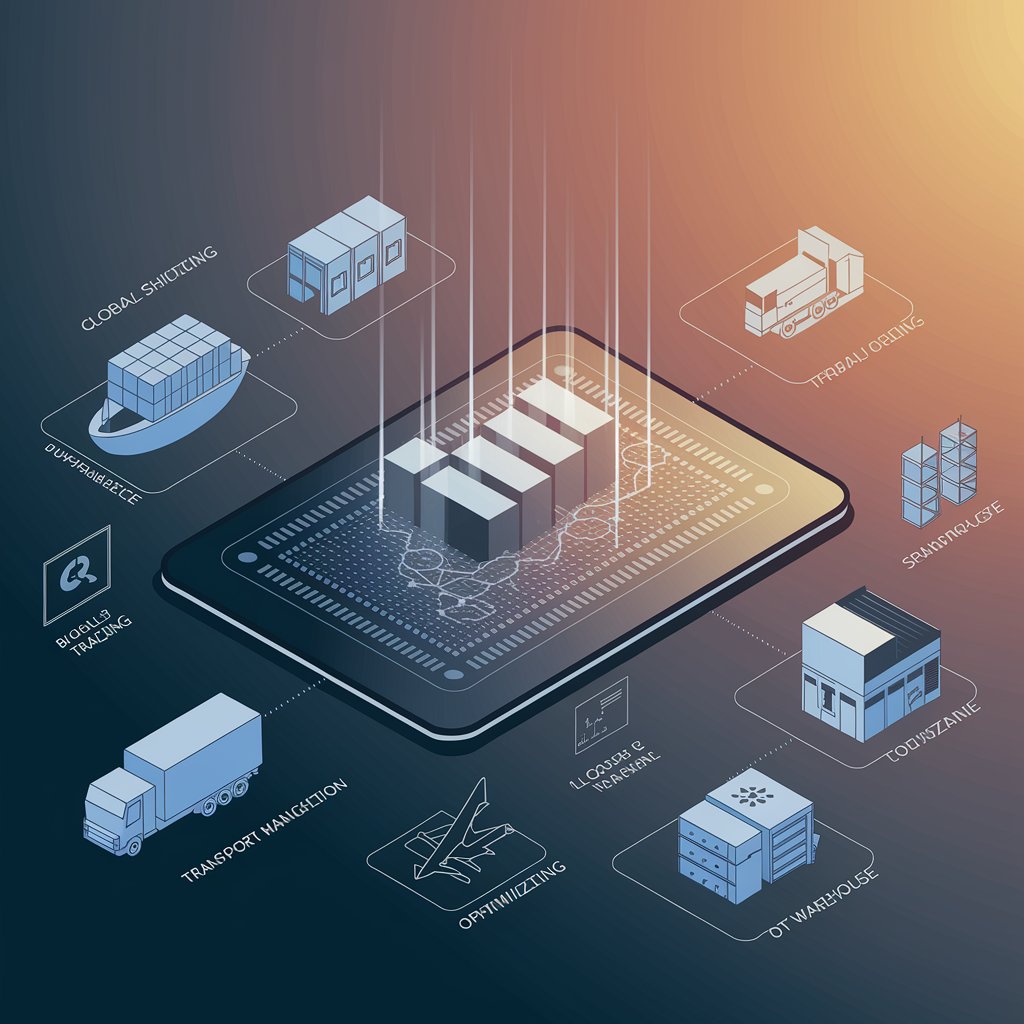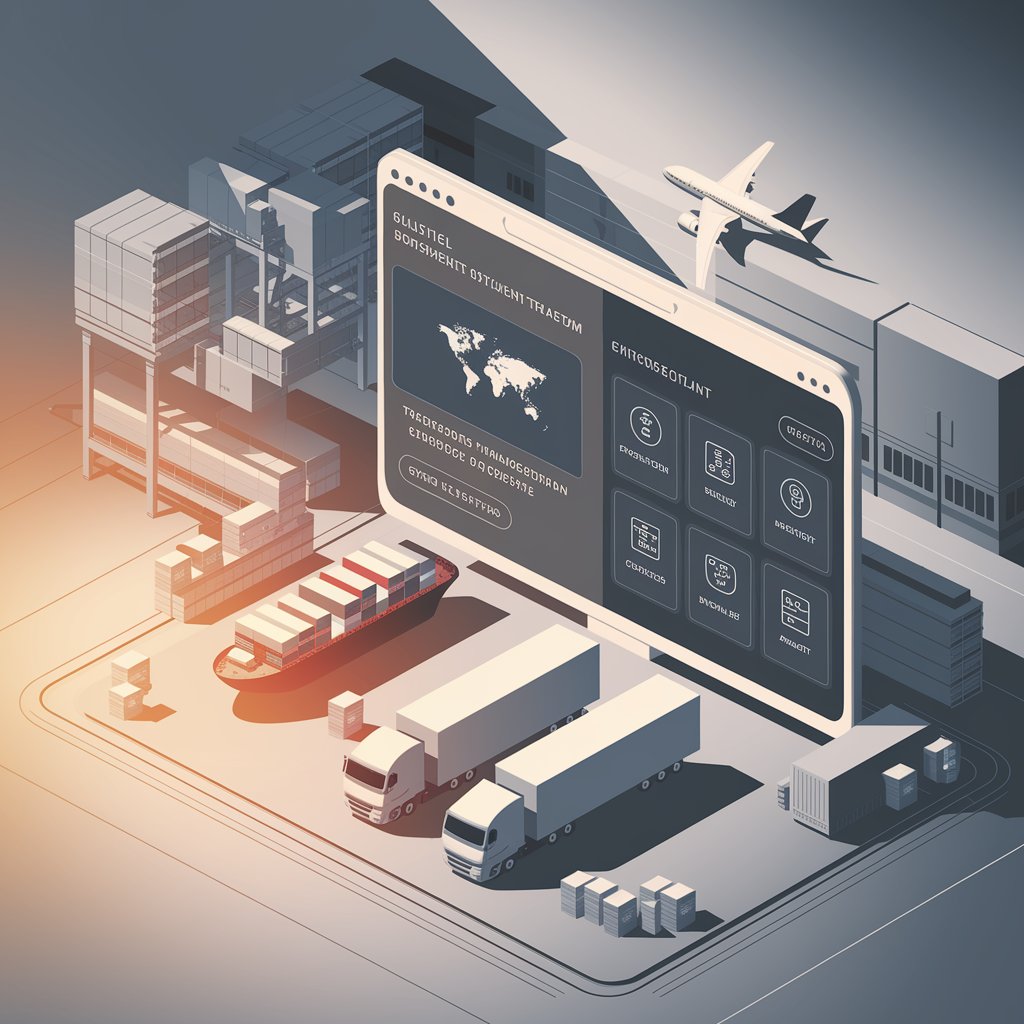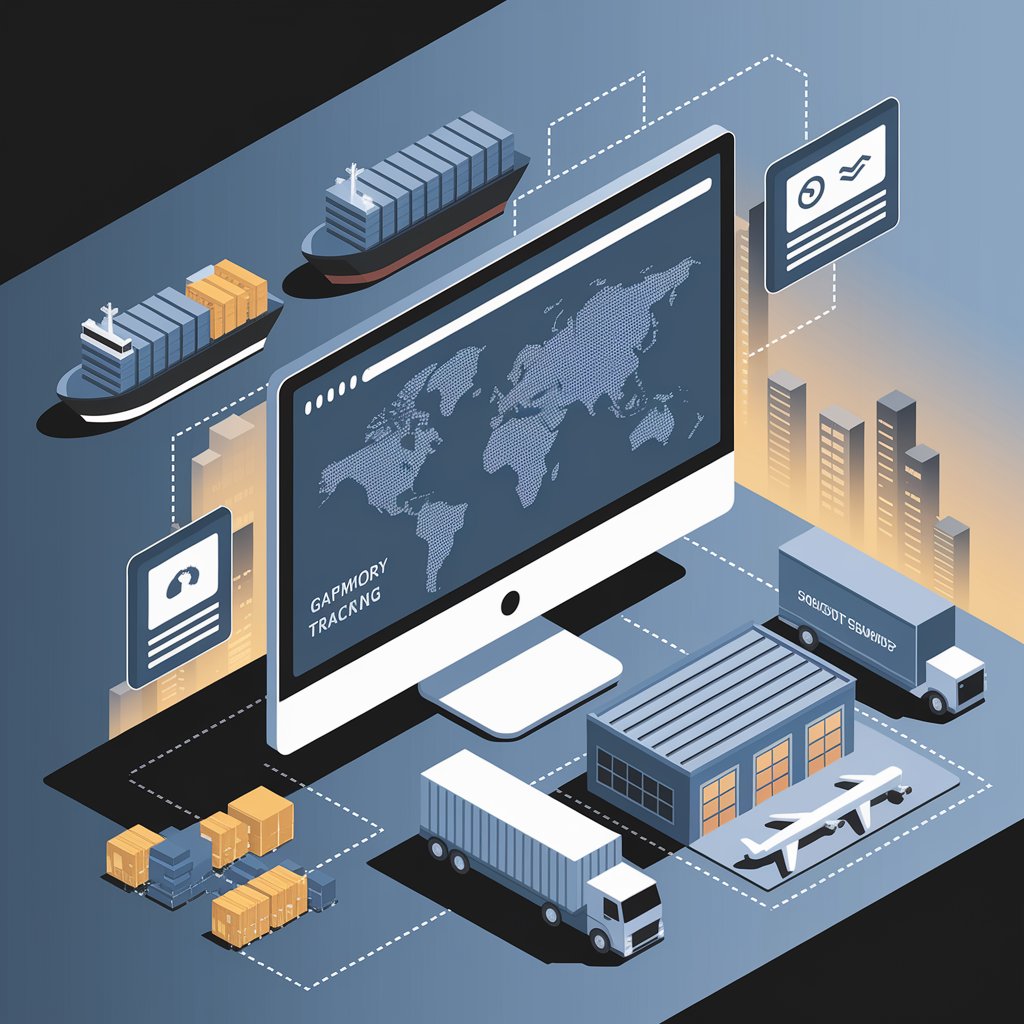Logistics Solutions: Modern Tools for a Smarter Supply Chain
From small startups to multinational enterprises, the right logistics systems make operations faster, more efficient, and cost-effective. In this guide, we explore what logistics solutions are, why they matter, and how to choose the right one.

🧠 What Are Logistics Solutions?
Logistics solutions are digital or service-based tools designed to manage the movement, storage, and flow of goods throughout the supply chain. These solutions can be cloud platforms, integrated software, or 3PL/4PL services that handle freight, inventory, and last-mile delivery.
Key areas they cover include:
- 📦 Inventory and warehouse management
- 🚛 Transportation and route optimization
- 📲 Shipment tracking and real-time updates
- 📄 Customs, documentation, and compliance
- 📉 Cost analysis and carrier rate comparison
- 🔄 System integration with ERP, CRM, and eCommerce tools

🚀 Why Businesses Need Logistics Solutions
Logistics today isn’t just about moving goods—it’s about managing complexity. Companies face:
Problem | Logistics Solution |
❌ Late deliveries | Real-time tracking & route optimization |
❌ Manual paperwork | Automated customs & billing |
❌ Stockouts or overstock | Smart inventory forecasting |
❌ High freight costs | Rate comparison and load consolidation |
❌ Poor customer experience | Automated alerts & visibility tools |
✅ A logistics solution turns chaos into clarity—and gives you a competitive edge.
🔧 Types of Logistics Solutions
1. TMS (Transportation Management System)
Helps you plan, execute, and optimize freight operations.
✅ Includes carrier selection, tracking, and documentation.
2. WMS (Warehouse Management System)
Manages stock levels, space usage, and picking efficiency.
✅ Ideal for fulfillment centers and 3PLs.
3. Freight Forwarding Platforms
Coordinate cross-border shipping and documentation.
✅ Integrate with customs, ocean/air carriers, and billing.
4. Last-Mile Delivery Tools
Used for optimizing delivery routes, tracking drivers, and notifying customers.
✅ Vital for eCommerce, retail, and food logistics.

💡 Real-World Use Case
Imagine an importer managing 200 shipments a month across 3 continents. Without a logistics solution, they rely on spreadsheets, emails, and phone calls.
After adopting a cloud-based logistics platform:
- 📦 Shipments are automatically tracked
- 💸 Costs are monitored in real-time
- 📲 Clients receive delivery updates
- 🕒 Admin hours are reduced by 60%
🔐 Result: fewer errors, better service, and higher profit margins.
📊 Features to Look For in a Logistics Solution
- 🔗 API & system integrations
- 🧾 Automated billing & document generation
- 📍 Live GPS and milestone tracking
- 🗂️ Order, quote, and client management
- 🧠 Predictive analytics & AI-powered recommendations
- 🌎 Multi-language and currency support for global logistics
Bonus: platforms like Linbis offer all-in-one cloud logistics with customizable modules.

🏁 Final Thoughts
Whether you manage inbound freight, outbound shipping, or global distribution, logistics solutions are no longer optional—they’re essential.
📈 The right tools empower your team, delight your customers, and unlock scalable growth.
Ready to streamline your logistics? Choose a solution built for speed, control, and clarity.
